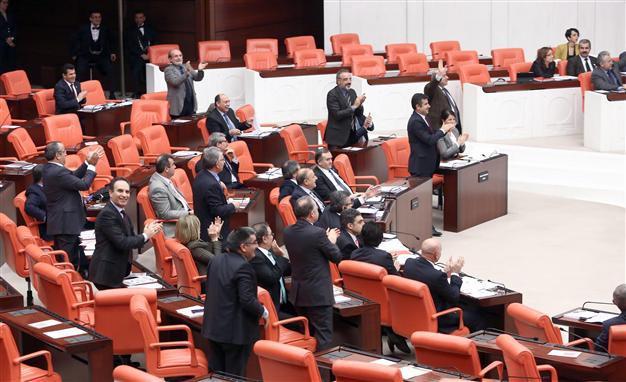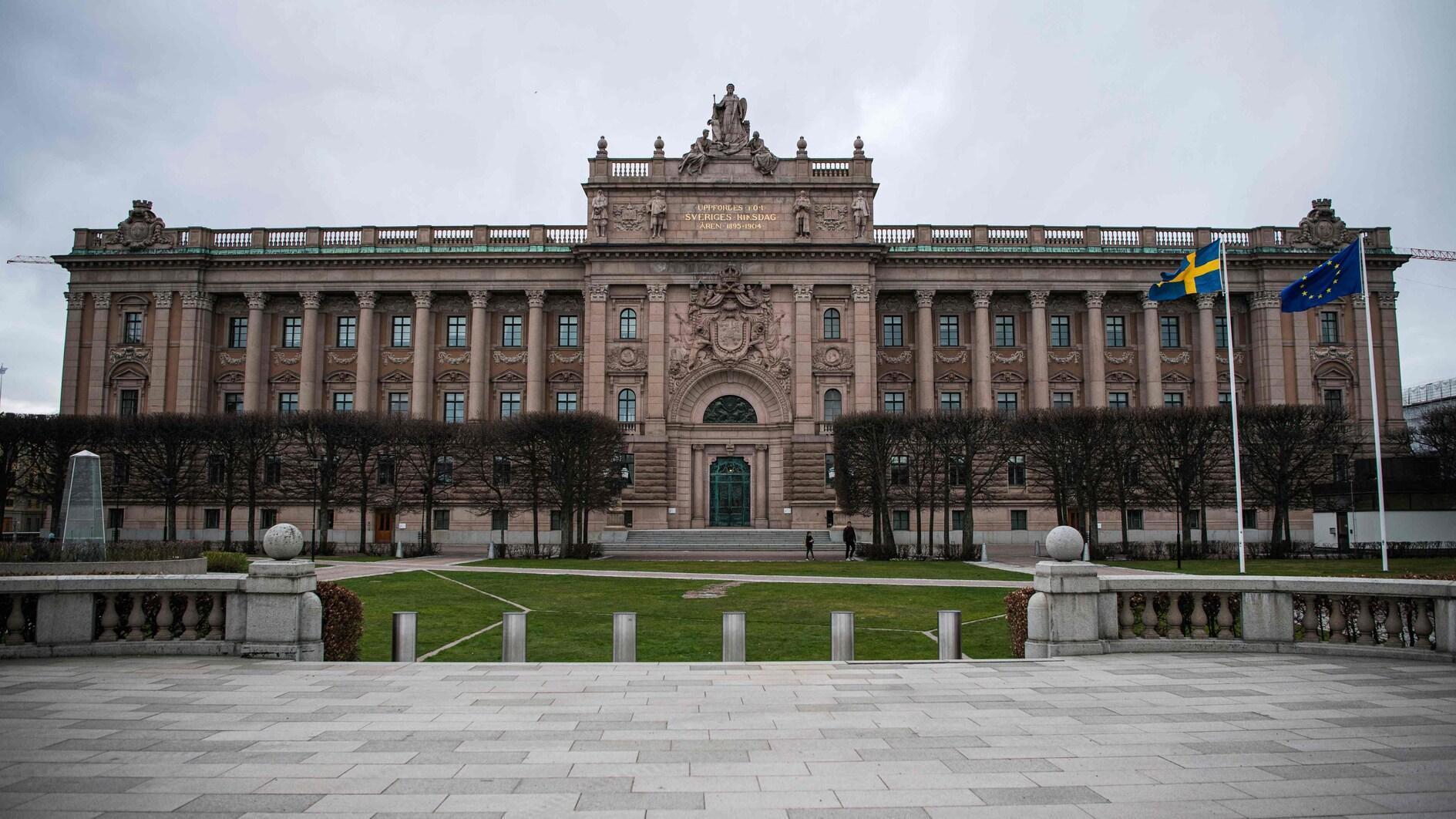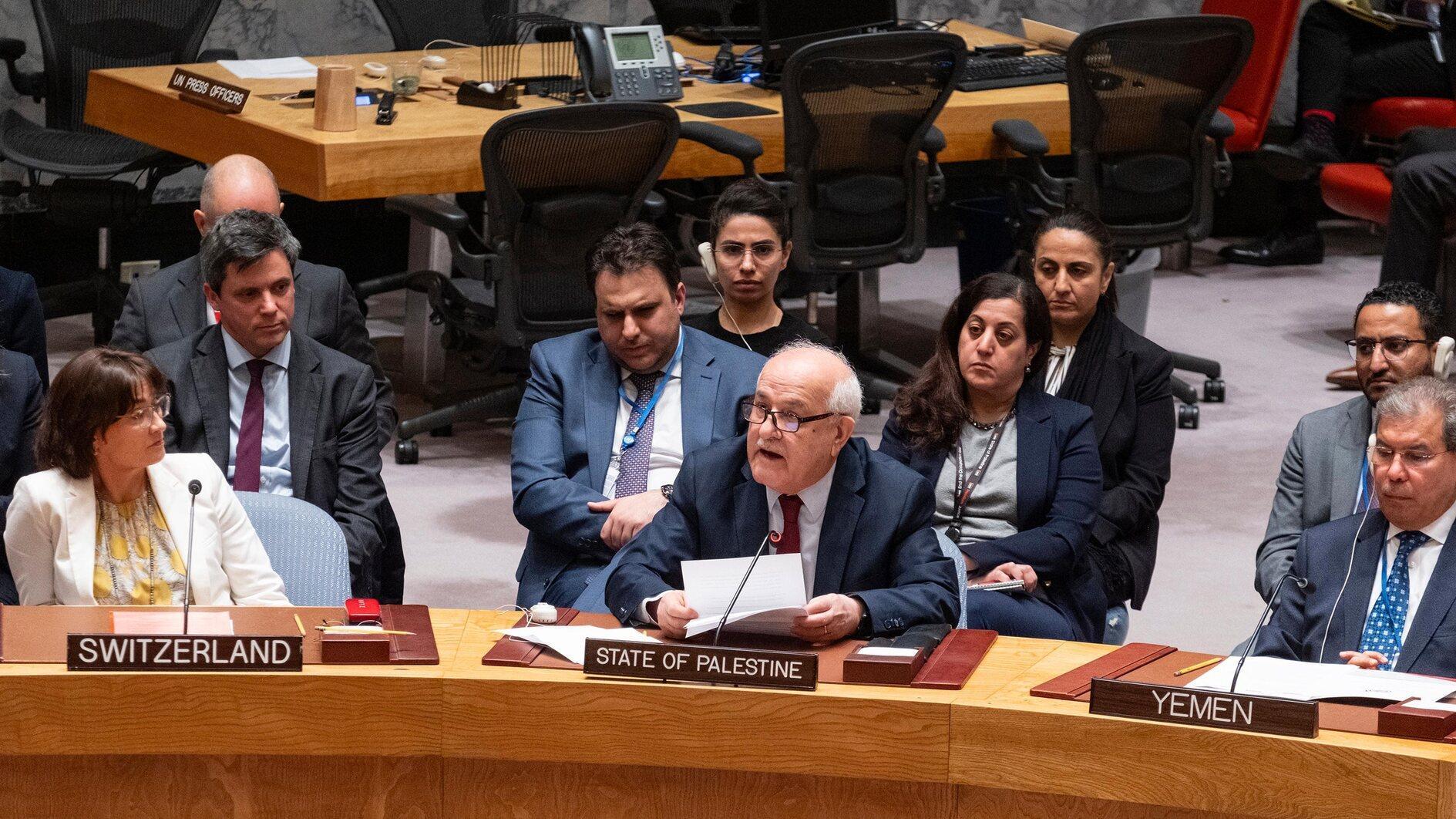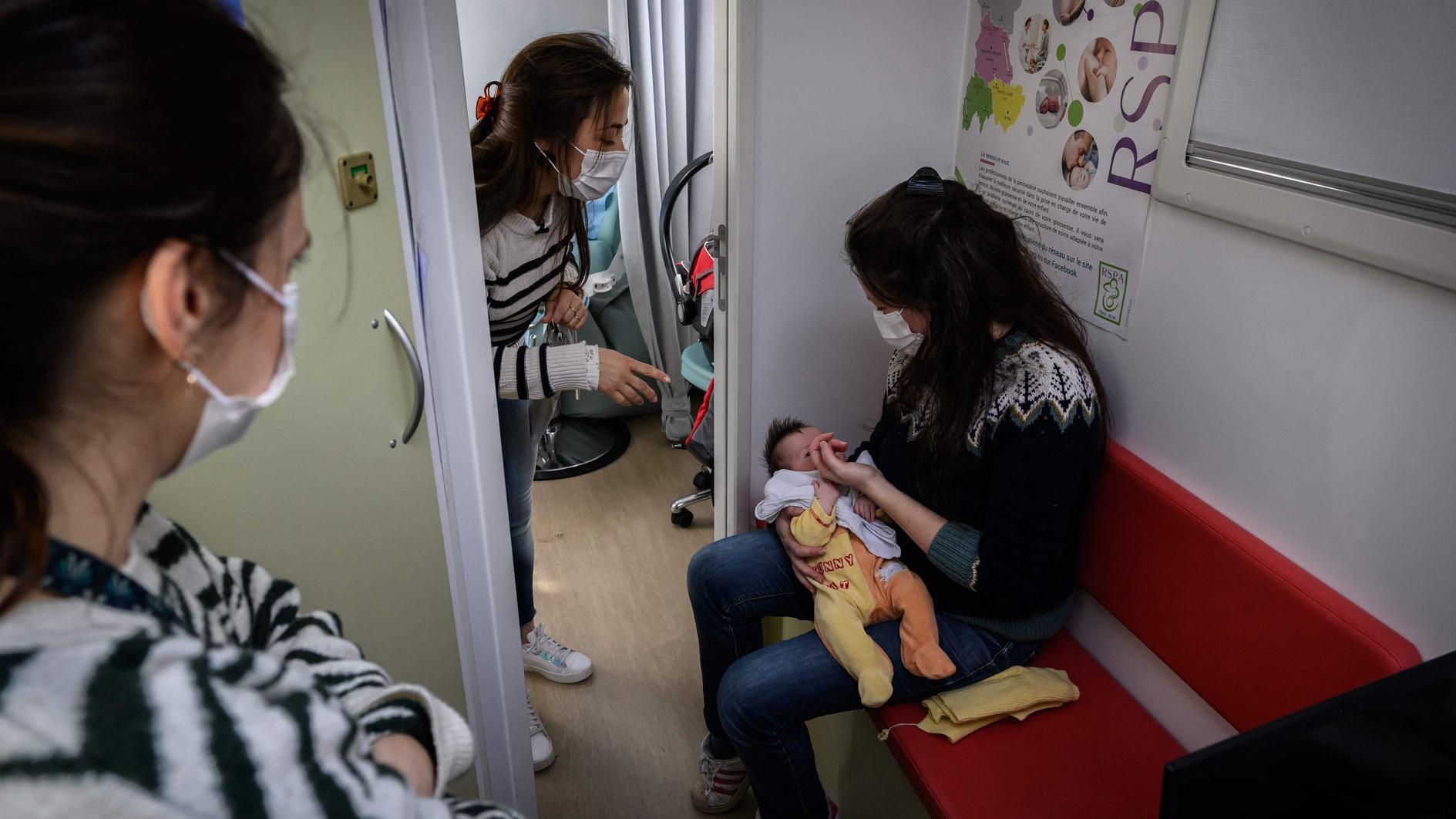Turkish Parliament will discuss draft on specialized courts
ANKARA

The package includes the abolition of the controversial specially authorized courts (ÖYM), a move expected to clear the way for hundreds of military officers jailed for coup plotting to be retried. AA photo
Another much-debated “democratization package” of reforms, particularly in the judicial field, was presented to Parliament on Feb. 6.The package includes the abolition of the controversial specially authorized courts (ÖYM), a move expected to clear the way for hundreds of military officers jailed for coup plotting to be retried. Under the amendments, the eight ÖYMs that convicted soldiers in mass trials in 2012 and 2013 will be abolished and their case files passed to regular criminal courts.
The original trials in the special courts were roundly criticized, with some defendants detained without a verdict and the military top brass complaining that some of the evidence was fabricated.
The bill also outlines a lowering of the duration of maximum lengthy detention from 10 years to five years.
In addition, the presence of “strong suspicion” will reportedly be made necessary in order to take a person into custody, and only heavy penal courts will be able to rule for the wiretapping of suspects. Existing decisions on wiretapping will also be reviewed.
In addition, a remarkable amendment concerning the seizure of property has drawn attention. According to the change, the presence of strong suspicion based on concrete evidence showing that a crime has been committed, and that the said assets have been gained through this crime, will be necessary in order to implement an asset seizure.
In order to seize property or assets, it will be obligatory to receive a report showing that the property or assets to be seized have been gained through the suspected crime.
These reports will be prepared by the Banking Regulation and Supervision Agency (BDDK), the Capital Markets Board’s (SPK), the Finance Ministry’s Financial Crime Investigation Board (MASAK), or the Public Oversight, Accounting and Auditing Standards Authority (KGK).
The decision for seizure will also have to be made unanimously by a heavy penal court.
The arrangements concerning the seizure of assets come at a time when Prime Minister Recep Tayyip Erdoğan and his Justice and Development Party (AKP) government has been battling a major corruption scandal, the heaviest blow to their rule since the AKP first took office in 2002.
The proposal regarding the ÖYMs appears to be an attempt by Erdoğan, shaken by the ongoing corruption scandal, to reach out to Turkey’s once-mighty generals, after having spent his 11 years in power clipping their wings.
















